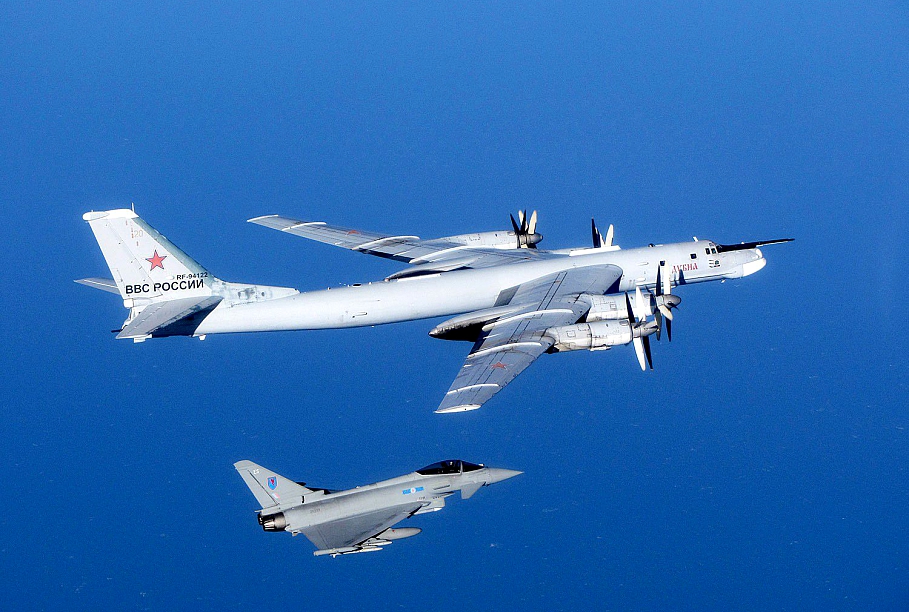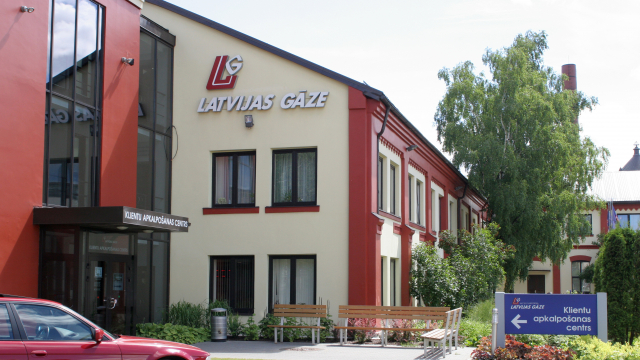“In recent years, we have seen an increased level of Russian military air activity close to the Alliance’s borders,” said NATO spokesperson Oana Lungescu.
“We are always vigilant. NATO fighter jets are on duty around the clock, ready to scramble in case of suspicious or unannounced flights near the airspace of our allies. Air policing is an important way in which NATO provides security for our members,” she said.
Across Europe, 40 air surveillance radars and reporting hubs, and about 60 NATO jets, are on duty 24/7 to serve as a quick-response force for aircraft which fall into distress or defy international flying rules near Alliance airspace. NATO has operated a Baltic Air Policing mission for Estonia, Latvia, and Lithuania since the three countries joined the Alliance in 2004 but also provides Air Policing coverage for Allies in the Western Balkans who do not have fighter jets of their own: Albania, Slovenia, and Montenegro. Talks are also underway to extend Air Policing coverage to North Macedonia. NATO allies have also helped to police the skies of Romania, Bulgaria and Iceland in 2020.
NATO has two air operations centers – one in Germany, covering northern Europe, and one in Spain covering the south – which monitor all air movements across Europe.
According to the Lithuanian Ministry of Defense the most recent scramble in Baltic skies came on December 14 and 15 when fighter aircraft conducting the NATO Air Policing Mission in the Baltic states carried out 3 alert scrambles to identify and escort military aircraft of the Russian Federation in the international airspace over the Baltic Sea.
On December 14, NATO fighter aircraft intercepted one IL-20 flying according to a flight plan issued for an IL-18, maintaining radio communication with the regional air traffic control centre, onboard transponder off.
On December 15 the air policing fighter crews were scrambled to intercept one IL-20 that had taken off from and returned back to Kaliningrad. The intercept failed because the IL-20 flight route was changed.
On December 15 NATO fighter aircraft intercepted one IL-20 flying from Kaliningrad and back without a flight plan, with a switched off onboard transponder, not maintaining radio communication with the regional air traffic control centre.


























